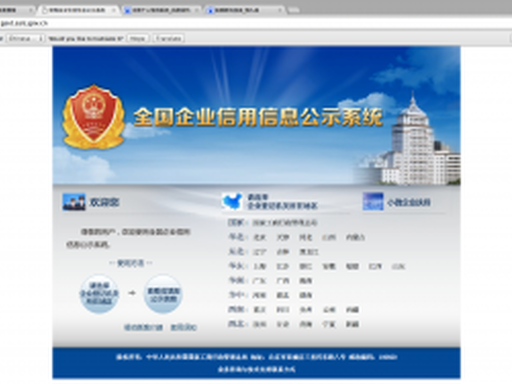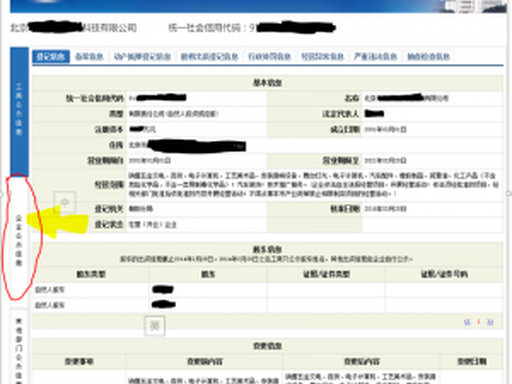Ryan’s top tips for verifying a legitimate employer in China

China’s employment law system is quite different from the Australian system. The difference in business practices and processes often leaves many mortgage brokers in Australia with a practical difficulty about how to meet responsible lending requirements under the NCCP Act when it comes to making reasonable inquiries into the consumer’s financial situation and verifying the loan is ‘not unsuitable’.
A responsible lending assessment is different from a credit assessment. To make a responsible lending assessment, as a finance broker you must:
- Make reasonable inquiries into the consumer’s financial situation and verify, and
- Make reasonable inquiries into the consumer’s requirements and objectives and verify.
Both steps 1 and 2 are equally important and both steps must be completed before any loan is submitted to the lender.
Ryan Leong, Connective Chinese Broker Services Manager is an expert in this field. We asked him to share with you his insights on how you can comply with the responsible lending requirements in Australia when you are dealing with a Chinese borrower.
“When it comes to verifying employment of Chinese borrowers, some brokers check out the company online through conducting a search on Baidu to determine the office number, office address and so on” says Ryan. “While these steps are helpful, they are not necessarily useful” he adds.
“When you meet a customer, you should assess the location risk. Some geographical locations have different levels of money laundering and terrorism financing risk. The MFAA AML Standard classifies Australia and New Zealand as low or ‘standard risk’ and all other countries as higher risk. Higher risk transactions generally means that you should make further inquiries and use reliable sources when doing so” says Ryan.
“Baidu is NOT a reliable source for investigating a company’s background since it’s like Wiki in a way. The borrowers can create an entirely false company in Baidu and make up that they employ someone.” Ryan warns. “The most meaningful way is to verify the employer is through China’s State Administration of Industry and Commerce (“SAIC”). If the employer company is running an official business in China, no matter if it is a limited company or sole-proprietor, it is required to be registered officially in the National Company Credit Information System, under the supervision of SAIC” says Ryan.

So where do you start?
In 2014, China’s SAIC launched the National Company Credit Information System that is an online resource to provide cost free information about companies to the public. However, this resource is only in Chinese; there is no English equivalent. If you are able to read Chinese, then we recommend the following steps be taken:
Enter http://gsxt.saic.gov.cn/ in order to access their National Company Credit Information System.

How do I use it?
Search the employer company by entering the province(s) in China that the company operates in.

Type the Chinese company name:
The verification code will appear, allowing you to answer the security questions in the space provided. Then you will have a list of search results. Click the correct company.
You will then be redirected to a site listing all of the commercial information relating to the business, such as:
- Registration number or unified social credit code,
- The Chinese company name,
- Legal representative person and major shareholder name,
- The registered capital and registered date,
- The registered office address and business category.

If you want to gather the contact details of the employer, just click the left side erected options “企业公示信息 (corporate announcement message)”.
Click it, and then go to the next page to show the corporate annual report. Select the latest report to obtain the updated contact details.
What’s next after you conduct the SAIC Search?
After completing this search, you will have more reliable contact details for the employment verification, such as the business contact number, the physical business address and an email address.The SAIC search is much more reliable as the information is hosted on a Chinese government website.
Ryan points out that you need to be constantly vigilant for red flags. “If you telephone the employer and ask to speak to the bookkeeper or the payroll department and they are always in a meeting or the phone number on the government website is invalid…this is a red flag! You should ask more questions to satisfy yourself that the borrower is a genuine borrower.” Ryan suggests.
If this article caught your attention and you want to know more, or you would like to share your experiences, please do not hesitate to contact Ryan to discuss by email – [email protected]